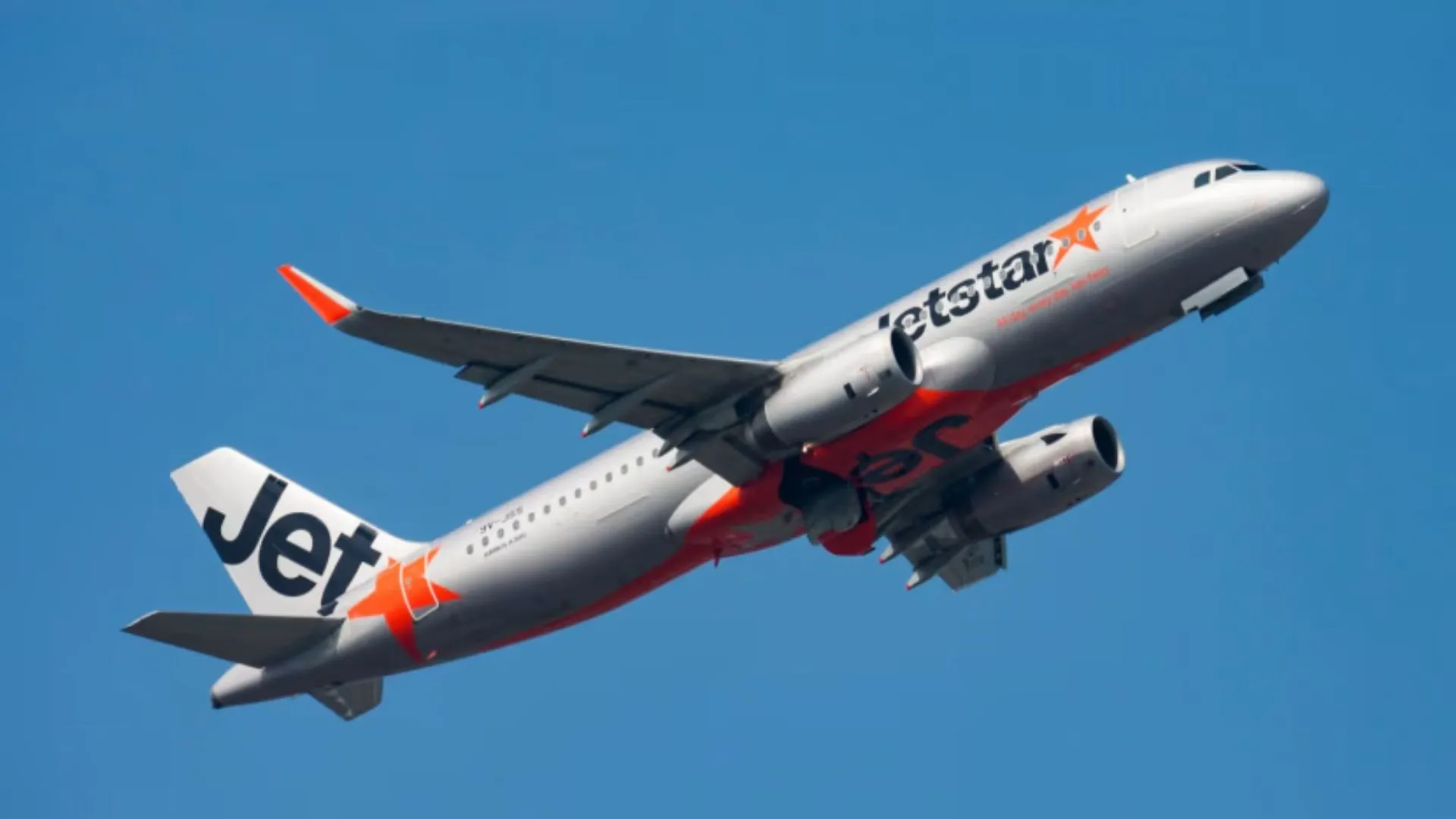Jetstar Asia shutdown shocks passengers as the Singapore-based budget airline announces it will cease operations by the end of July. After nearly two decades of flying across Asia, the airline will phase out services in the coming weeks due to rising costs and intense competition.
While Jetstar Asia prepares to close, Qantas, its part-owner, has assured full refunds for affected travellers and plans to reassign some passengers to alternative flights within the Qantas Group.
Jetstar Asia Assures Passengers Amid Closure
The announcement of Jetstar Asia’s shutdown has surprised many loyal passengers. However, most flights will continue on schedule until 31 July. Sixteen key routes across Asia, including Malaysia, Indonesia, and the Philippines, will be removed from booking platforms only after operations cease. Passengers with tickets beyond 31 July are receiving direct communication with refund options. Some may be transferred to Qantas-operated flights. Those who booked through third-party providers must contact them directly.
Internally, the airline is laying off over 500 employees. Once a strong player in Asia’s low-cost travel sector, Jetstar Asia has faced soaring supplier costs, some rising by 200%. It also struggled with increased airport fees and fierce competition from AirAsia and Scoot. Despite its reputation for friendly service and efficiency, Jetstar Asia expects a $35 million loss this financial year.
Qantas Redirects Resources After Closure
While Jetstar Asia winds down, Jetstar Airways in Australia and Jetstar Japan continue unaffected. In response to the shutdown, the Qantas Group has begun repurposing thirteen aircraft for domestic operations in Australia and New Zealand. The freed-up $500 million will go toward modernising Qantas’s ageing fleet.
Qantas has provided redundancy compensation and job support to affected employees, emphasising its commitment to assisting laid-off staff. Online users have expressed sadness while acknowledging Jetstar Asia’s role in revolutionising affordable air travel in the region since its 2004 launch. As this chapter closes, Jetstar Asia leaves behind a legacy in Asia’s aviation history.























